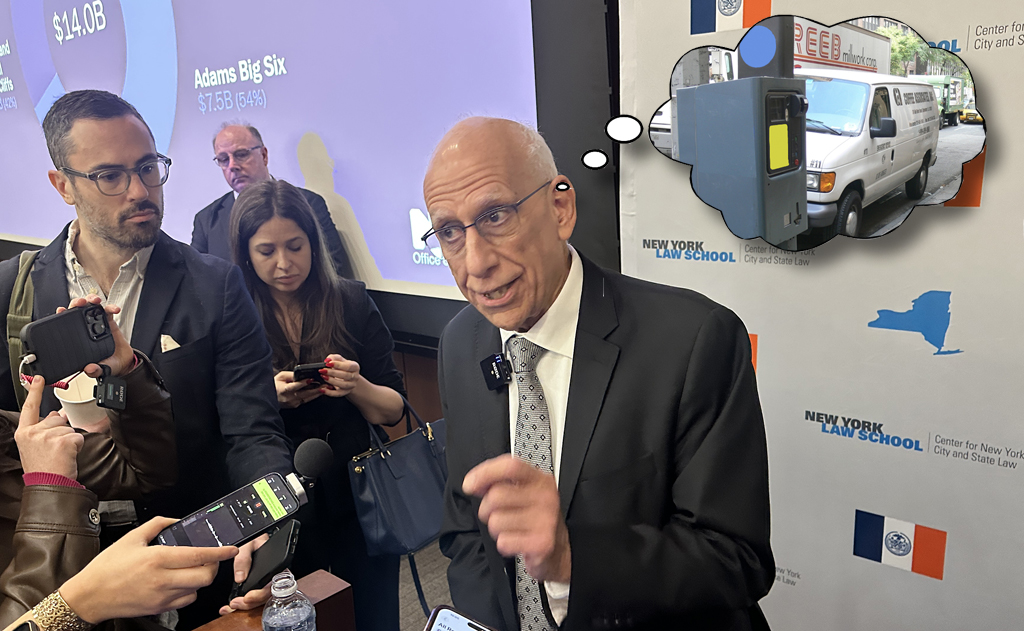Tomorrow night, President Obama will unveil his jobs plan before a skeptical Congress. It’s unclear how much of the $300 billion proposal will go to infrastructure, but the president has said that will be a centerpiece of the proposal. An infrastructure bank and a new version of the expired Build America Bonds program could also be on the agenda.

How about this for your next transportation stimulus, Mr. President? Image: Austin Strategic Mobility Plan
Given the GOP strategy of obstructing any stated goal of the administration, it’ll be a tough sell. Some Republicans have already made it clear they would rather see a $640 billion, 12-month payroll tax holiday. That would increase the deficit by more than twice what Obama’s plan would, but deficits don’t seem to matter as long as taxes are getting cut.
So it’s no surprise that the president is also looking for ways that he can spur infrastructure job creation without Congress’s approval. Last week, Obama pleaded with Congress to pass a clean extension of the transportation bill (a plea which some Republicans are gleefully denying). At the same time, he announced that he was directing some agencies to each identify three infrastructure projects that could use a little federal help in speeding up the process. Here’s what he said:
In keeping with a recommendation from my Jobs Council, today I’m directing certain federal agencies to identify high-priority infrastructure projects that can put people back to work. And these projects — these are projects that are already funded, and with some focused attention, we could expedite the permitting decisions and reviews necessary to get construction underway more quickly while still protecting safety, public health, and the environment.
He specifically called on the departments of agriculture, commerce, housing and urban development, interior and transportation to highlight three projects each. We were wondering whether this process will end up falling into some of the same traps as the stimulus, which emphasized shovel-readiness to the detriment of other evaluation criteria for new projects, like whether the money would be well-spent.
Though Obama didn’t use the phrase “shovel-ready” last week, he called for projects that are already funded and have state and local permits, which implies nearly the same thing. Without a new stimulus, which the Republicans have already promised to oppose, there is no money to fund new projects, making it imperative to find those that are already funded. Still, the president admitted last year that “there’s no such thing as shovel-ready projects.”
And despite the administration’s general friendliness toward transit and understanding of the limitations of the private automobile, 60 percent of transportation dollars in the stimulus went to highways, with just 20 percent to transit. (Most of the rest went to freight rail, with a little bit for aviation and maritime projects.)





